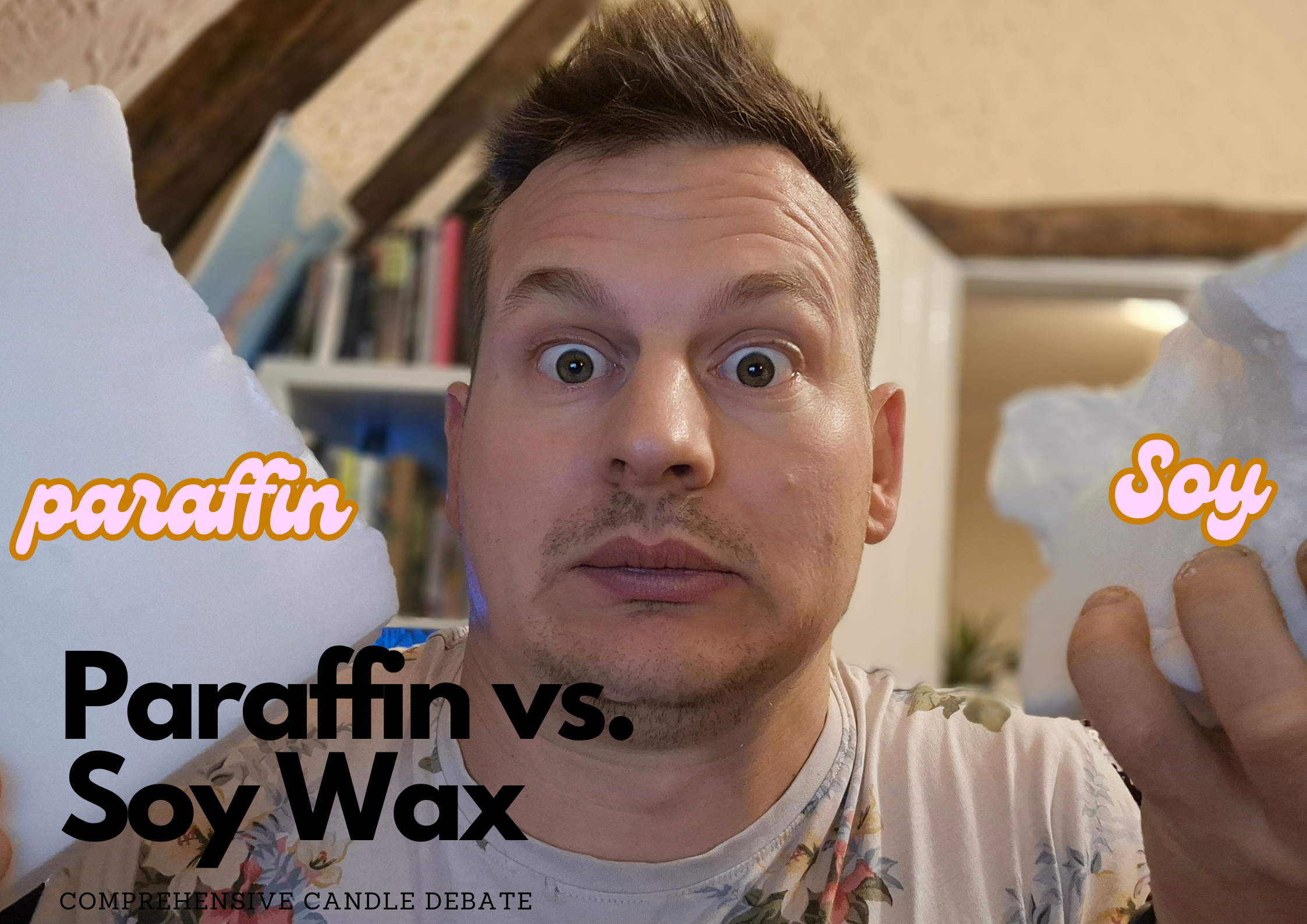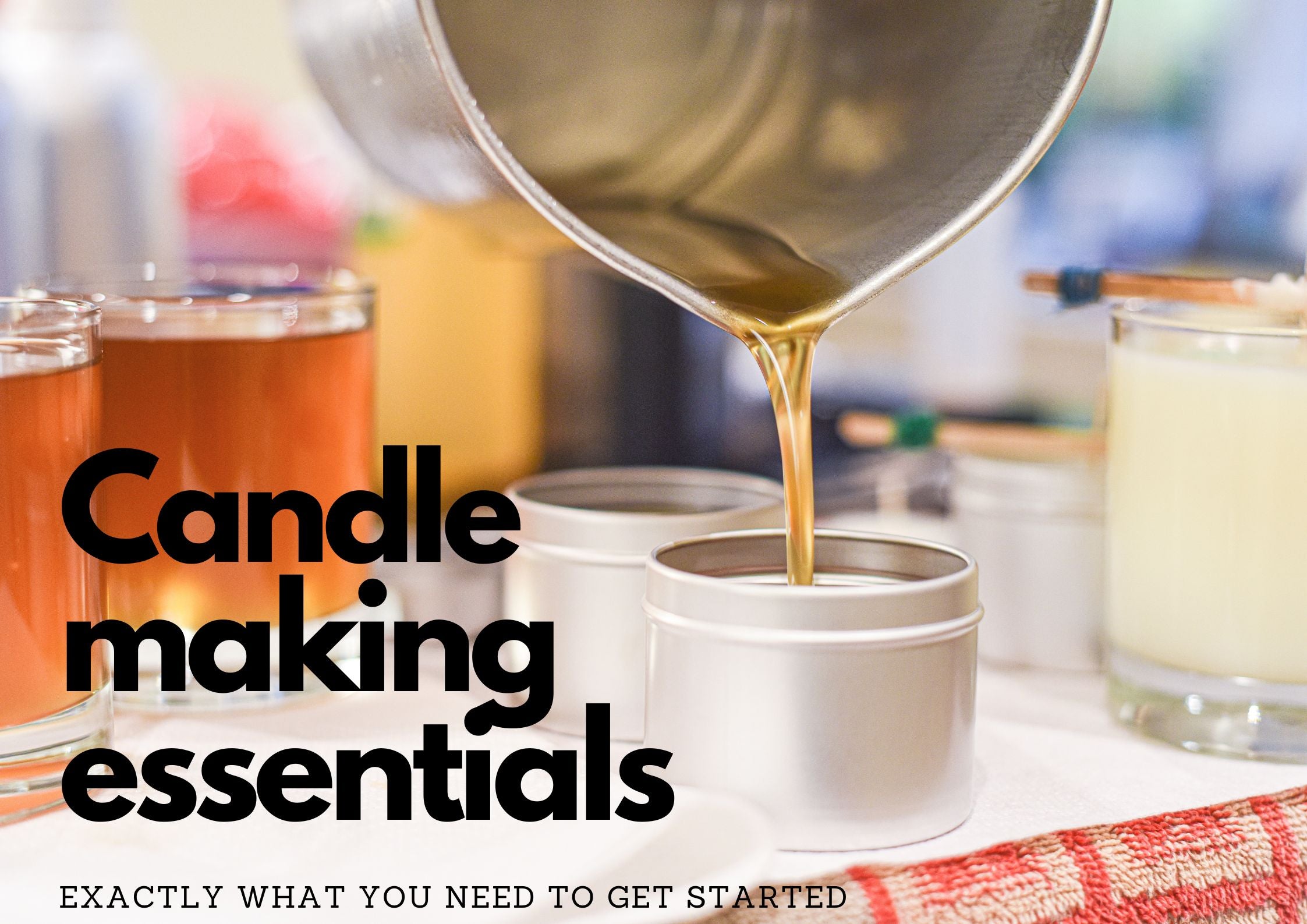Are reed diffusers safe? Read this before using them
Sep 24 , 2022
Reed diffusers are one of the most popular aromatherapy tools, because their scent lasts for a long time and they are economical to refill. However, as with other fragrance diffusers, we may wonder whether they are healthy to use.
What problems can reed diffusers cause?

The short answer to this question could be to answer it with none. If you are using a good quality fragrance made from a truly 100% essential oil, you only need to worry about possible adverse health effects if you already have an underlying medical condition.
If you have an allergy, essential oils may also cause runny nose, itchy or watery eyes and headache, so if you or other members of your household experience these symptoms, do not use any aromatherapy products.

Are reed diffusers pet friendly:
- No open flame: One of the main benefits of reed diffusers is that they do not use an open flame, making them a safer option for homes with pets.
- Non-toxic: Most reed diffusers use essential oils or fragrance oils that are non-toxic and safe for pets.
- No heat: Reed diffusers do not produce heat, so they will not burn or harm pets in any way.
- No smoke: Reed diffusers do not produce smoke, which is harmful to pets' respiratory system.
- Consider the scent: Some scents may be strong for pets, it is important to choose a scent that is not too strong or overwhelming for your pets.
- Consult your vet: If you have any concerns about the safety of reed diffusers for your pets, it's always a good idea to consult your veterinarian.
In summary, reed diffusers are generally safe for pets as long as they do not use an open flame and use non-toxic oils. However, it's always a good idea to choose a scent that is not too strong or overwhelming for your pets and to consult your veterinarian if you have any concerns.
Certain essential oils can be toxic to dogs and cats if ingested or inhaled in large amounts. Some oils to be particularly cautious with include:
- Tea tree oil: This oil can cause neurological problems in cats and dogs if ingested or inhaled in large amounts.
- Peppermint oil: can cause vomiting, diarrhea, and other digestive issues in dogs and cats.
- Citrus oils: such as lemon, orange, and grapefruit can cause vomiting and other digestive issues in pets.
- Eucalyptus oil: can cause toxicity in dogs and cats if ingested or inhaled in large amounts.
- Wintergreen oil: is toxic to dogs and cats if ingested.
- Pennyroyal oil: is toxic to dogs and cats if ingested or inhaled.
- Ylang-ylang oil: can cause toxicity in dogs and cats if ingested or inhaled in large amounts.
Things to look out for
As with all other aromatherapy tools, it is important to use reed diffusers in a well-ventilated room, as the fragrances that accumulate in a small air space can irritate your mucous membranes even if you are not otherwise allergic.
Pets tend to be more sensitive to odours than we are, so if you have a dog or cat, for example, consider whether you need a constant source of scent or not.
Aromatherapy is also not recommended for pregnant women or if there is a baby in the household, as the mucous membranes of pregnant women and infants are more sensitive.
What scents are the safest?
Overall, the safest diffusers are those that use 100% natural essential oils, so it's a good idea to avoid the types that use artificial fragrance oils, even if they are much cheaper than the natural alternatives.
Essential oils are the best choice for aromatherapy anyway, and these are the fragrances that can have the most positive physiological effects.
Are reed diffusers healthier than scented candles?
While scented candles are certainly nicer looking than diffusers, the latter are perhaps a little healthier and more effective for aromatherapy than candles.
Candles burn to release the essential oils they contain in the wax, whose structure, and therefore their active ingredients, are altered to no small extent by the high heat. Diffusers do not require high heat to diffuse the fragrance, so the composition of the aromas does not change.
The advantage of candles is that they burn only for a short time and are easy to extinguish, so that the duration of aromatherapy can be accurately determined. However, when using Reed diffusers, it is much easier to control the amount of fragrance released, as we decide how many sticks to use.
Overall, reed diffusers are healthy, safe to use and in some respects even healthier than candles. However, the use of any aromatherapy device is not recommended if you have pets, asthma or allergies. If you're looking for a fragrance to brighten up your home, make sure you choose one that's made from all-natural materials.





